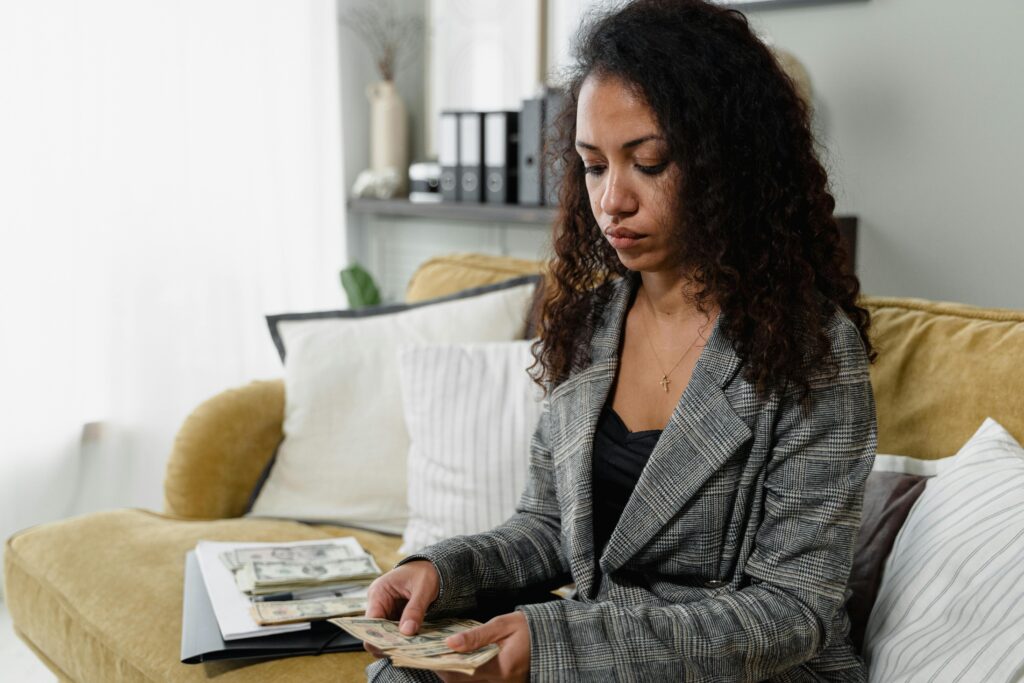In a world where intellectual property (IP) is a cornerstone of innovation and business strategy, women have been making significant strides in mastering IP protection. From pioneering legal reforms to championing startups, these trailblazing women are redefining the landscape of IP law and contributing to the broader discourse on intellectual property rights. Their success stories are not only inspirational but also a testament to the evolving role of women in this critical field.
- Shira Perlmutter: Reforming IP Law at the Global Stage
Shira Perlmutter stands as a luminary in the realm of intellectual property law, serving as the Chief Policy Officer and Director of International Affairs at the U.S. Patent and Trademark Office (USPTO). Perlmutter’s career has been marked by her influential role in shaping international IP policy. Her work involves negotiating and implementing global agreements that impact IP protection across borders.
Perlmutter’s contributions are particularly notable in the context of the World Intellectual Property Organization (WIPO), where she has been instrumental in advancing the organization’s mission to foster a balanced and accessible IP system worldwide. Her efforts in advocating for the inclusion of diverse perspectives in international IP negotiations have been pivotal in promoting a more equitable global IP environment.
- Rachel Krevans: Shaping IP Law through Litigation and Advocacy
Rachel Krevans is a partner at the prestigious law firm Kirkland & Ellis and is renowned for her expertise in intellectual property litigation. Krevans has played a crucial role in several landmark cases, particularly in the areas of patent and trademark law. Her litigation skills and strategic approach have garnered her a reputation as one of the leading IP litigators in the United States.
Beyond her litigation achievements, Krevans has been a strong advocate for gender diversity in the legal profession. She has actively supported initiatives aimed at increasing the representation of women in IP law, demonstrating that success in this field is attainable for women who are determined and passionate about their careers.
- Brenda Sufrin: Advancing IP Protection for Startups
Brenda Sufrin, a partner at the global law firm Foley & Lardner, has made significant strides in assisting startups with their IP needs. Sufrin’s expertise lies in helping emerging companies navigate the complexities of IP protection, including patents, trademarks, and trade secrets. Her work is crucial in ensuring that startups can effectively protect their innovations and build a strong foundation for growth.
Sufrin’s contributions extend beyond her legal practice; she is also an advocate for entrepreneurial women and has been involved in various initiatives aimed at supporting women-led startups. Her commitment to fostering innovation and providing strategic IP guidance to young businesses underscores the vital role that women play in shaping the future of intellectual property.
- Dr. Kira S. Johnson: Innovating IP Protection in the Tech Sector
Dr. Kira S. Johnson, the Chief Intellectual Property Counsel at a leading technology firm, has been at the forefront of integrating IP strategy with technological advancements. Johnson’s role involves managing the company’s global IP portfolio, including patents related to cutting-edge technologies such as artificial intelligence and blockchain.
Johnson’s innovative approach to IP protection involves not only securing patents but also developing strategies to leverage IP assets for competitive advantage. Her work in the tech sector highlights the intersection of IP law and technological innovation, illustrating how women are leading the charge in adapting IP strategies to the rapidly evolving digital landscape.
- Njeri Rionge: Empowering Women Entrepreneurs through IP Education
Njeri Rionge, an IP consultant and entrepreneur based in Kenya, has been a pioneering force in promoting IP awareness and education among women entrepreneurs in Africa. Rionge’s initiatives focus on empowering women by providing them with the knowledge and tools needed to protect their intellectual property.
Through workshops, seminars, and one-on-one consultations, Rionge has helped numerous women understand the importance of IP protection and how to navigate the legal frameworks in their respective countries. Her efforts in bridging the gap between IP knowledge and entrepreneurial success are instrumental in fostering a more inclusive and supportive environment for women in business.
Conclusion
The success stories of women mastering intellectual property protection are not merely about individual achievements; they reflect a broader shift towards greater gender equity in the field of IP law. From shaping global policies to supporting startups and advancing technological innovations, these women are redefining what it means to be a leader in intellectual property.
Their contributions serve as an inspiration to aspiring legal professionals and entrepreneurs, demonstrating that expertise in IP protection can be both a powerful career path and a means of driving positive change. As the field of intellectual property continues to evolve, the impact of these pioneering women will undoubtedly shape the future of IP law and its role in fostering innovation and creativity worldwide.









